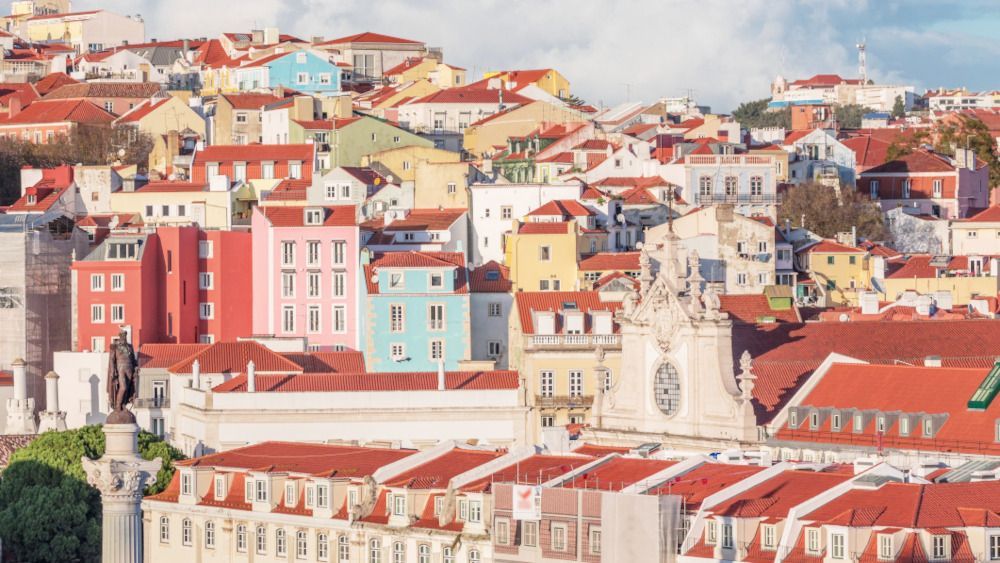Becoming Portuguese: an overview of citizenship in Portugal
The Portuguese passport is one of the most sought-after documents across the globe because of the many benefits associated to it, such as the right to travel, live, work and study within the Schengen area and visa-free or visa-on-arrival access to 187 destinations worldwide. The Portuguese passport was ranked the sixth most powerful in the world among 187 countries, according to the Henley Passport Index.
The acquisition of Portuguese citizenship is regulated by the Nationality Law as amended and regulated, and the application for citizenship is to be submitted to a civil registry office in Portugal. However, once the citizenship is acquired, passport applications are handled by the AIMA – The Agency for Integration, Migrations and Asylum, although the application may be submitted at a Citizen's Shop (Loja do Cidadão) or a Portuguese Consulate.
Under Portuguese law, there are several ways to acquire citizenship, among which we would like to highlight the following:
Portuguese Ancestry
Portuguese citizenship may be acquired if someone is born abroad and has a Portuguese parent or grandparent who did not lose his or her Portuguese nationality. This is one of the most popular paths to get a Portuguese passport.
Residency in Portugal
Another prominent path to acquire Portuguese citizenship by naturalisation, is provided that the person is holder of a valid residence title in Portugal for 5 years. In order to obtain Portuguese citizenship, you will need to pass the A2 Portuguese language test.
Portuguese citizenship may also be acquired by naturalisation if someone was born abroad and has a Portuguese child, provided that the applicant has been living in Portugal for the 5 years prior to the request, independently if holder or not of a valid residence title.
Marriage or Non-Marital
Another possibility is it may also be acquired by the spouse or life partner of a Portuguese citizen of at least 3 years, provided that the applicant is not at the service of a third country as a non-conscript military or as a non-technical civil servant, and if the applicant is able to provide evidence of having regular contacts and effective ties to Portugal
Portuguese Sephardic Jews
Portuguese citizenship may also be acquired by naturalisation, provided that the applicant is a descendant of Portuguese Sephardic Jews and belongs to a Sephardic community of Portuguese origin.
Former Portuguese Territories
The Decree-Law 308-A/75 of 24th June rules the possibility of citizenship for individuals born in former Portuguese territories: Angola, Brazil, Cape Verde, Portuguese India, Guinea-Bissau, Mozambique, Macao and São Tomé and Príncipe or those whose parents were born in these countries under Portuguese rule. This is the ideal option for those who despite being born in one of these countries, have maintained strong ties and connection with Portugal by being long-term residents in the country.
Once the Portuguese nationality is acquired, the parents may request the Portuguese citizenship for their underage child(ren) or their adult child(ren) lacking capacity, provided that one of the parents has the Portuguese citizenship.
When considering a second passport, Portugal recognizes dual citizenship, being another of the many advantages, since it is not required to relinquish your previous passport.




